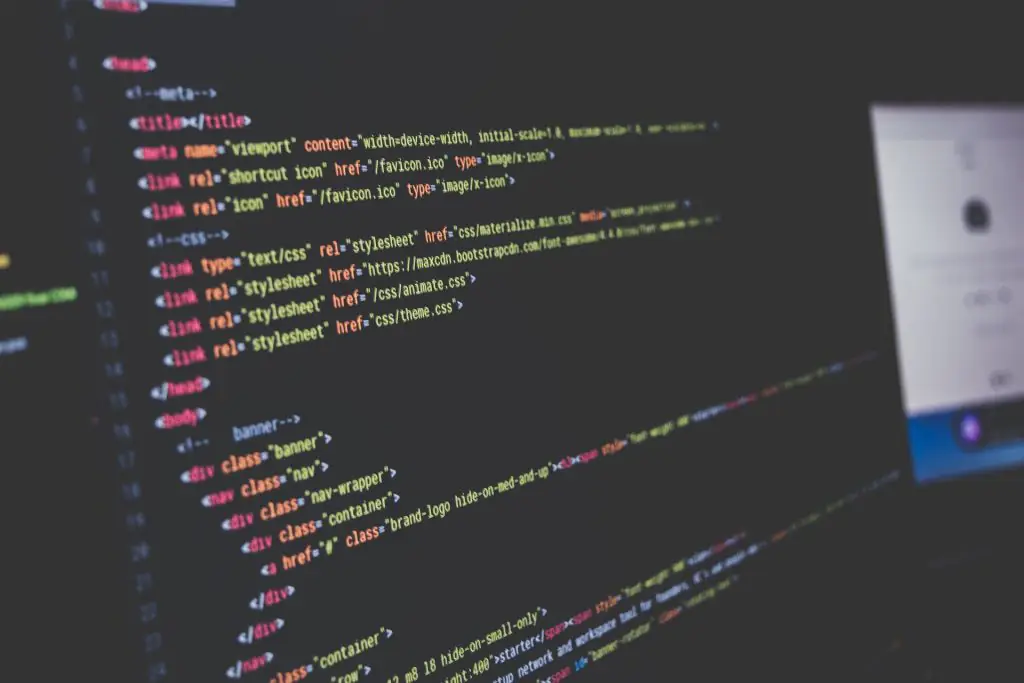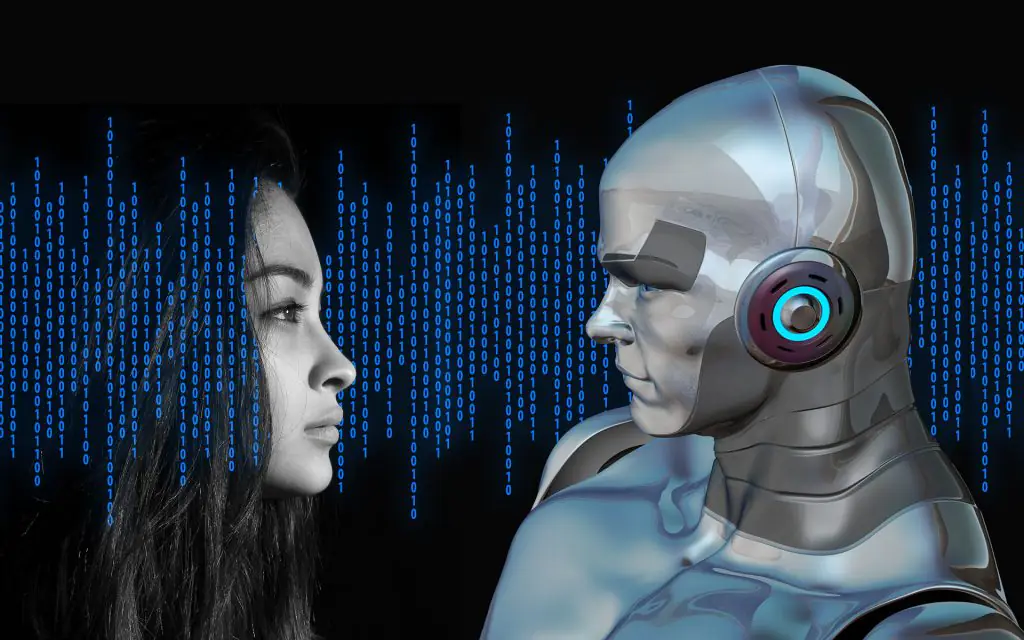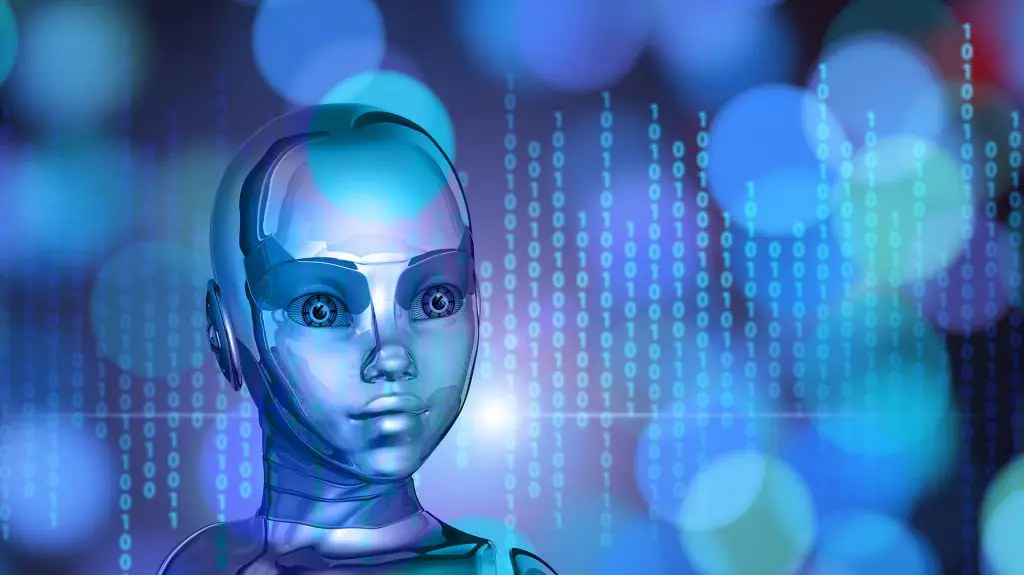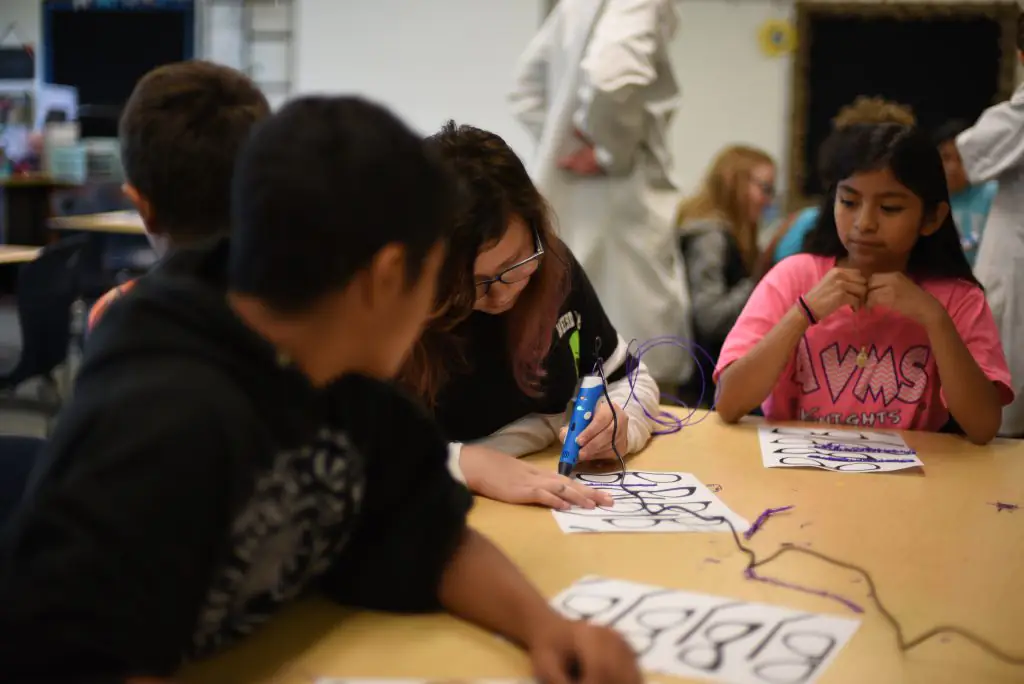Is Coding the Future of STEM?

Technology has an increasing impact on our day to day lives, that is indisputable. As we grow more and more dependent on devices, the need for programmers, web and tech developers, and technicians advances.
What does this mean for preparing today’s students to be tomorrow’s software engineers? The largest trend in technology is coding! Children as young as 7 are being taught the coding basics, positioning them for a lifetime of opportunities in the technological world. Coding is the entrance to understanding computer language through series of inputs and outputs, actions and reactions. A recent study shows that 90% of parents want their children to study a computer science, as computing jobs are projected to grow at twice the rate of all other jobs!

The conversation surrounding coding isn’t all positive though. With the development of AI (Artificial Intelligence), program developers catch a glimpse of the expiration of their craft. With machine learning being a focus of tech, 29% of software developers rank being replaces by AI their largest professional fear.
Traditional programming is a complex network, and serious testing is necessary before bugs are discovered. The margin for error is large, and refactoring or starting over is an expensive, time consuming mistake. It’s possible to break a seemingly unrelated line of code when adding code lines to improve or solve other issues. While AI may be able to beat humans in a game of online chess, will they be able to solve the limitless situations that have to be taken into account when coding?

With machine learning, programmers will be allowed to become more robust and efficient. This increased efficiency will rapidly slow the market for programming careers, creating a stagnant class of computer science graduates. The future of fully automated AI programming is in the distant future, but it stands to be recognized. The programming that students are learning today will be out of date within the next 10 years due to the current machine learning programs being created, which challenges the market of investing exclusively in coding education.
There is a growing trend among educators to adapt to the coding trend, investing heavily into what seems to be the future of technology. School curriculum, coding teaching companies, and educational toy developers are developing to suit this need. STEM (Science Technology Engineering Mathematics) education is zeroing in on the technology standpoint, and that is affecting the remaining fields.
Students of today are tomorrow’s adults. Investing almost solely in coding is a disservice to our students, being that the program engineers of today are preparing for the inevitable. STEM education serves the purpose to nurture a well-rounded, practical student. Investing in coding education seems to be the epitome of preparing out students with current trends, it lacks the versatility of a complete STEM education.

For 25 years, High Touch High Tech has provided students with education in each STEM field. We have continuously adapted to education trends, but one thing remains true; students need science as well at technology. When teachers and parents are investing in their children’s education, they should invest where there is a proven record of success. Coding franchises, enrichment, and toys are at the cutting edge momentarily, but very well will fall to the test of time.
In the early 1990’s we suddenly found ourselves surrounded by new technological advances, saw the importance, and incorporated High Tech into our name. By reading our name, students and teachers know what we do; High Touch is the hands-on science approach to learning and understanding science, High Tech is to prepare our students for the global marketplace of the future, where technology has an impact on all aspects of life! Our name, mission, and content is how we grew from one location to serving 16 million kids annually in 11 countries.

Sources Cited:
Shanin, S. “Is Computer Engineering Really Going to be Automated?” eTeam, June 2018. Retrieved from:https://www.eteam.io/blog/computer-engineering-automated
Brisdion, M. “At What Age Can a Child Start Coding?” FunTech, July 2019. Retrieved from: https://funtechsummercamps.com/blog/2019/07/02/at-what-age-can-a-child-start-coding/
Code.Org. “Computer Science Education Stats.” Code.Org, 2019. Retrieved from: https://code.org/promote
